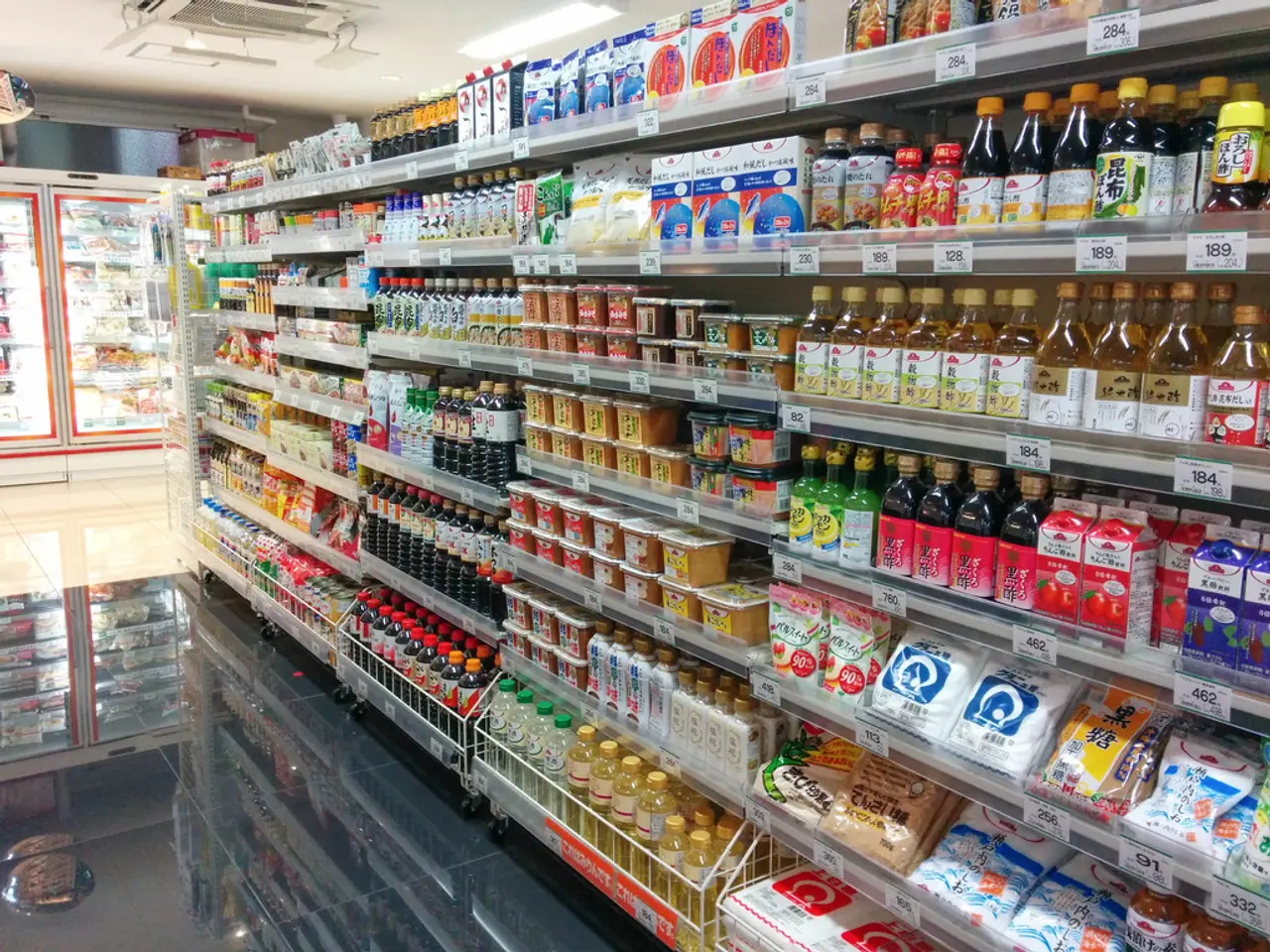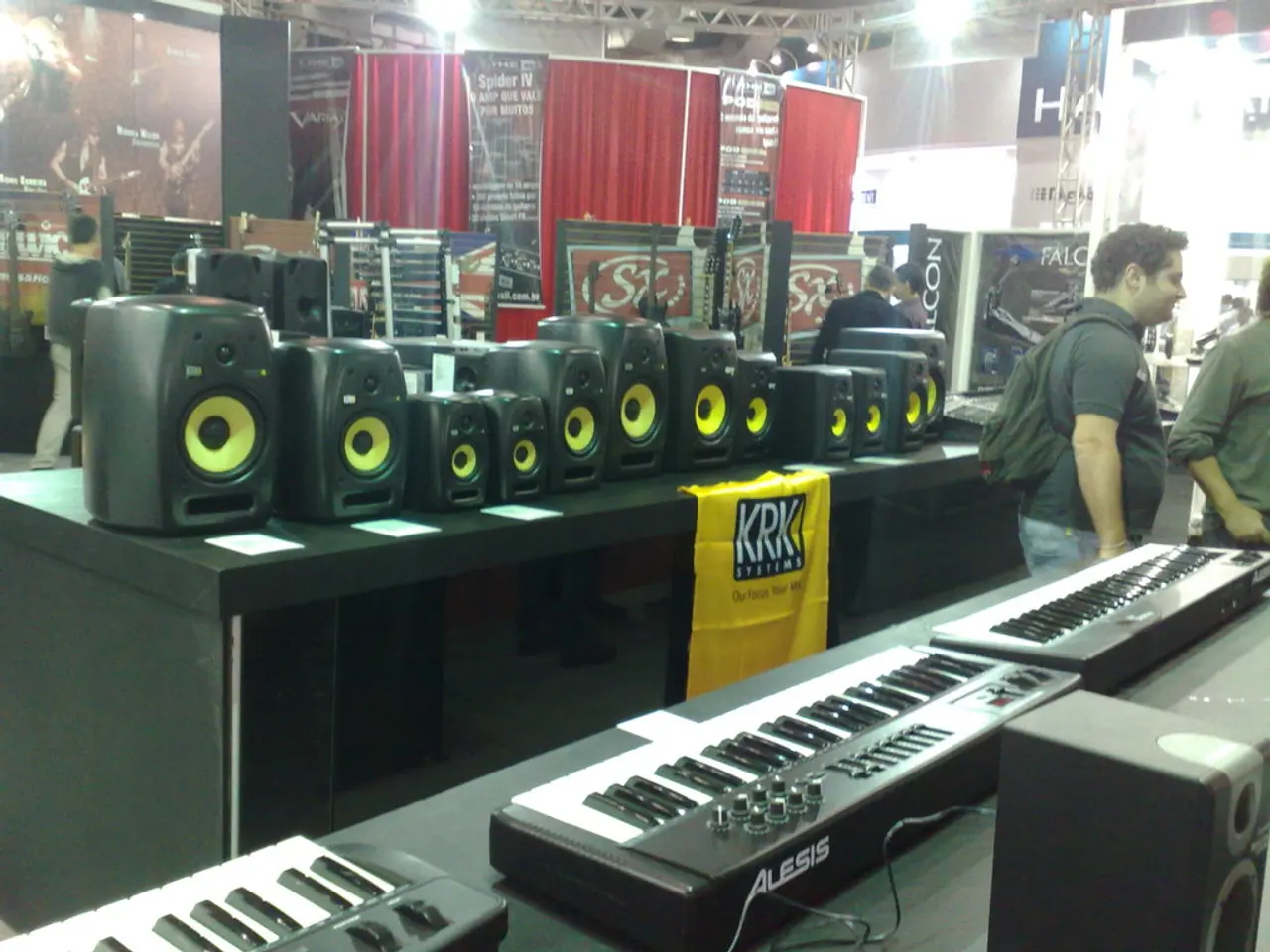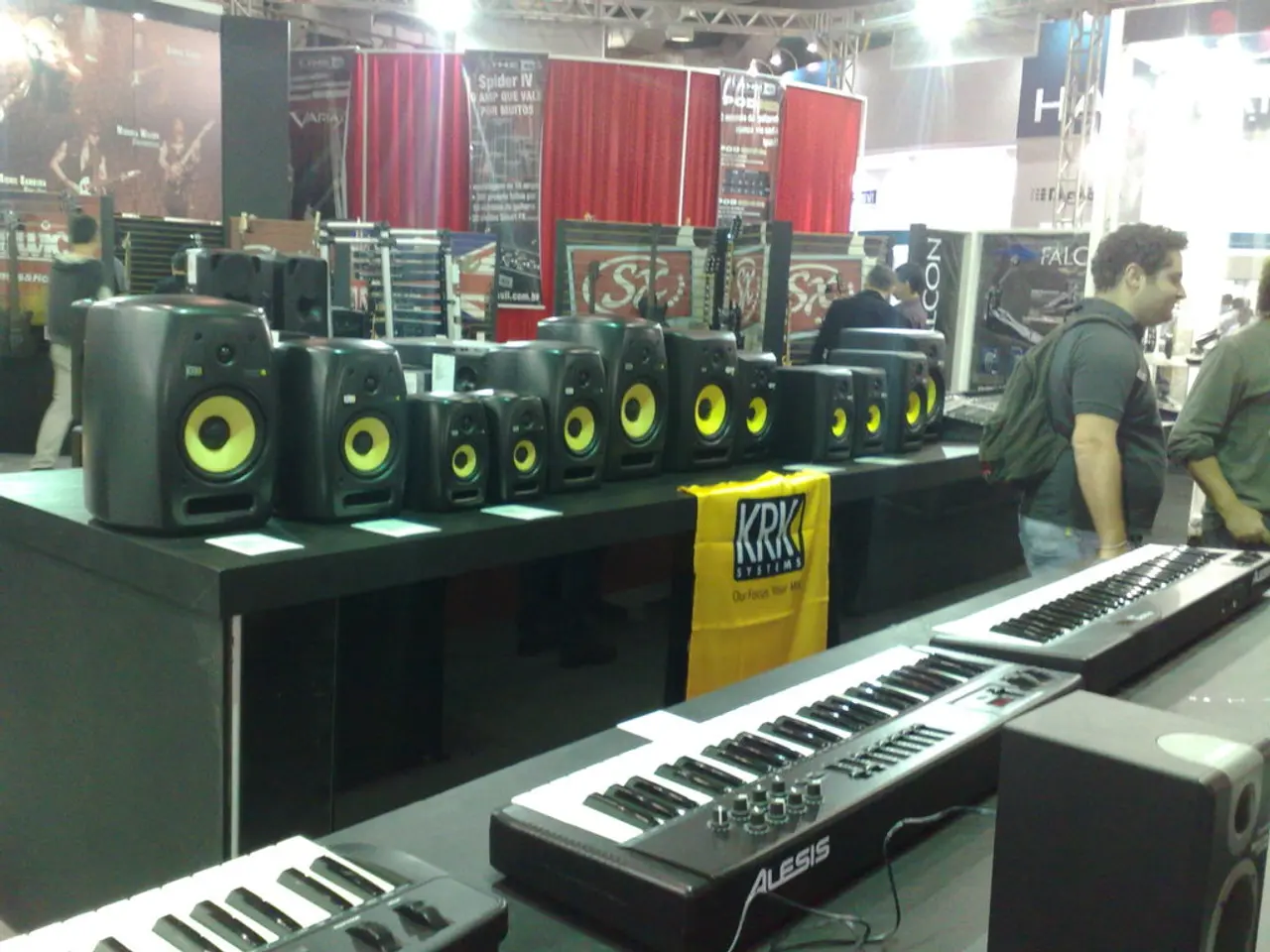U.S. Tariffs Impact Shows Up in Switzerland: Gold, Watches, Pharmaceuticals Feel the Brunt
The United States has imposed tariffs on gold imports, specifically targeting one-kilogram and 100-ounce gold bars, a move that has substantial negative implications for Swiss companies and the overall Swiss economy.
The policy shift, formalized on July 31, 2025, reclassifies these gold bars under a customs code that is subject to tariffs, contrary to previous exemptions. This 39% tariff rate on exports from Switzerland to the US, effective from August 7, is causing significant concern for Swiss exporters.
The Swiss watch industry, a flagship sector, is particularly affected. The US is one of the last growing markets for Swiss watches, and tariffs at this level are expected to cause layoffs and increased short-time working in the Jura Arc region, where much of the industry is concentrated. Similarly, Pilatus Aircraft has reportedly stopped shipments to the US due to the tariff-induced competitive disadvantage, although this halt may be temporary.
The Swiss engineering and technology industries also warn that the "exorbitant customs burden" could effectively annihilate their export business to the US, creating economic headaches and uncertainty for Swiss industrial stakeholders. While exemptions exist for gold and pharmaceuticals, other affected sectors include machinery and food production. Swiss trade with the US represents half of Switzerland's overall trade surplus, so these tariffs could dent the country's economic surplus and growth prospects.
The tariffs have caused shock and disappointment, affecting Swiss-US relations and pushing Switzerland towards seeking closer ties with the EU as a counterbalance. Efforts by Swiss ministers to negotiate relief were unsuccessful as of early August 2025, leaving businesses exposed and anxious.
Switzerland, being a major refining hub for London's larger 400-ounce gold bars, is expected to be the most impacted by the new tariffs. The tariff on gold bars could lead to a wave of surprise in the market, as demonstrated by the sharp divergence between spot prices and futures. US gold futures contracts have hit record highs above $3,500 due to the tariff-induced volatility.
Economiesuisse, a Swiss business association, warns that the tariffs could jeopardize long-standing trade relations and put thousands of jobs at risk. If there is no intervention, this tariff could potentially jeopardize these jobs in the gold refining industry, as well as in the luxury watch and food products sectors.
It's important to note that the implications for the gold trade involving Switzerland as a source of processed bullion have not been mentioned in the provided context. The second Trump Administration has launched nine new Sec. 232 investigations, but Switzerland has not negotiated a trade deal with the US, despite visiting Washington this week.
Investing in gold is far from a one-way bet, with a history of losing its value after periods of strong growth. Swiss manufacturing companies may become uncompetitive in the US market, potentially driving production to neighboring EU countries. This tariff move could threaten New York's dominance in the gold futures market if prices continue to rise compared to other trading centres.
In conclusion, the 39% tariff on Swiss exports to the US has substantial negative implications for Swiss companies and the overall Swiss economy, primarily through severely hampering export competitiveness and threatening key industries. The tariff could lead to job losses, production slowdowns, and economic uncertainty, and it could potentially jeopardize long-standing trade relations.
Asset management firms in Switzerland might face challenges due to the negative impact of the tariffs on the sports industry, given that the US is a significant market for Swiss watches, and increased tariffs could deter US consumers. Moreover, the tariffs' effect on the gold trade may lead to a shift in the asset management strategy, as the tariffs could discourage investments in gold bars from Swiss suppliers.







